Stem cells help Type-1 diabetes patients produce insulin
November 15, 2022
It has been 100 years since Canadian scientists discovered insulin as a treatment for Type-1 diabetes. For millions of patients around the world, regular insulin injections remain the only treatment.
But what if there was a better option?
A stem cell replacement treatment discovery — by researchers at the University of British Columbia (UBC) and Vancouver Coastal Health — offers new promise.
“Seeing the results from the first clinical trials, we knew right away that it has the potential to eliminate the need for insulin injections altogether — and transform the management of Type-1 diabetes once and for all,” Dr. Kieffer, a UBC professor of cellular and physiological sciences, explains.
Using technology developed in collaboration with partner ViaCyte, Dr. Kieffer and Dr. David M. Thompson, a clinical assistant professor of endocrinology and the principal investigator for the study in Vancouver, implanted patients with wafer-thin devices equipped with millions of lab-grown stem cells that are ‘coached’ into making insulin, the hormone that controls a person’s blood sugar.
Six months after implantation, the stem cells had not only survived but successfully matured into insulin-producing beta cells.

Dr. Thompson, who also directs the Vancouver General Hospital Diabetes Centre, is encouraged by the results so far: “I’m hoping within the next year to actually have somebody using the device who is able to stop taking insulin for the first time ever since they were diagnosed with diabetes,” he says.
Another advantage of the treatment is its potential accessibility.
“There is virtually an endless supply of cells we can use to treat Type-1 diabetes,” Dr. Kieffer says. “In theory, it would take very little to produce enough cells to treat every diabetic person on the planet. The impact would be unbelievable.”
This story originally appeared in Pathways Magazine
Latest News

LSI researchers awarded funding in Spring 2025 CIHR project grant competition
July 21, 2025

Jayachandran Kizhakkedathu awarded New Frontiers in Research Fund – Exploration Grant
July 14, 2025

LSI researchers awarded funding through NSERC grants
July 11, 2025
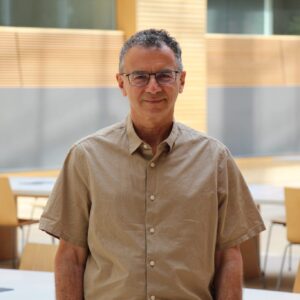
Dr. Ivan Robert Nabi awarded Distinguished Achievement award by the UBC Faculty of Medicine
June 24, 2025
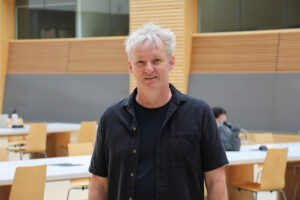
Dr. Douglas Allan Receives Co-Funded Grant from Alzheimer Society and Brain Canada
June 20, 2025

LSI Researchers Receive National Recognition for Stem Cell Innovation
June 20, 2025

Dr. Mark Cembrowski awarded over $4.8 million to advance neuroscience research
June 18, 2025
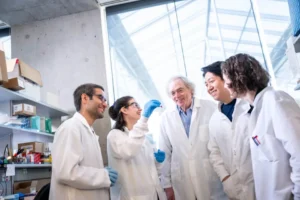
Dr. Pieter Cullis profiled by CIHR for pioneering work in drug delivery and mRNA vaccines
May 29, 2025

LSI PIs Sarah Hedtrich and Arun John Peter named Canada Research Chairs
March 28, 2025
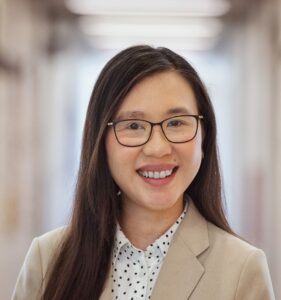
Dr. Emilia Lim Named Dr. Victor Ling Terry Fox New Investigator
February 27, 2025
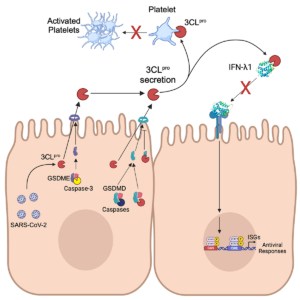
Unconventional secretion of the SARS-CoV-2 main protease opens the door for new extracellular biology in viral infection
February 11, 2025

LSI researchers awarded funding in Fall 2024 CIHR Project Grant competition
January 30, 2025

UBC evolutionary ecologist and LSI PI, Dr. Kayla King, awarded Arthur B. McDonald fellowship
November 21, 2024
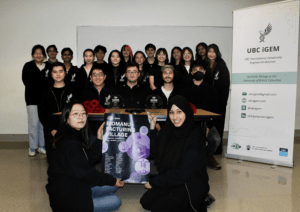
UBC iGEM Team Wins Top Awards for Novel DNA-Based Data Storage Platform
November 13, 2024
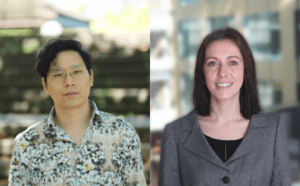
Congratulations to LSI PIs receiving 2024 MSHRBC Scholar Awards!
October 1, 2024